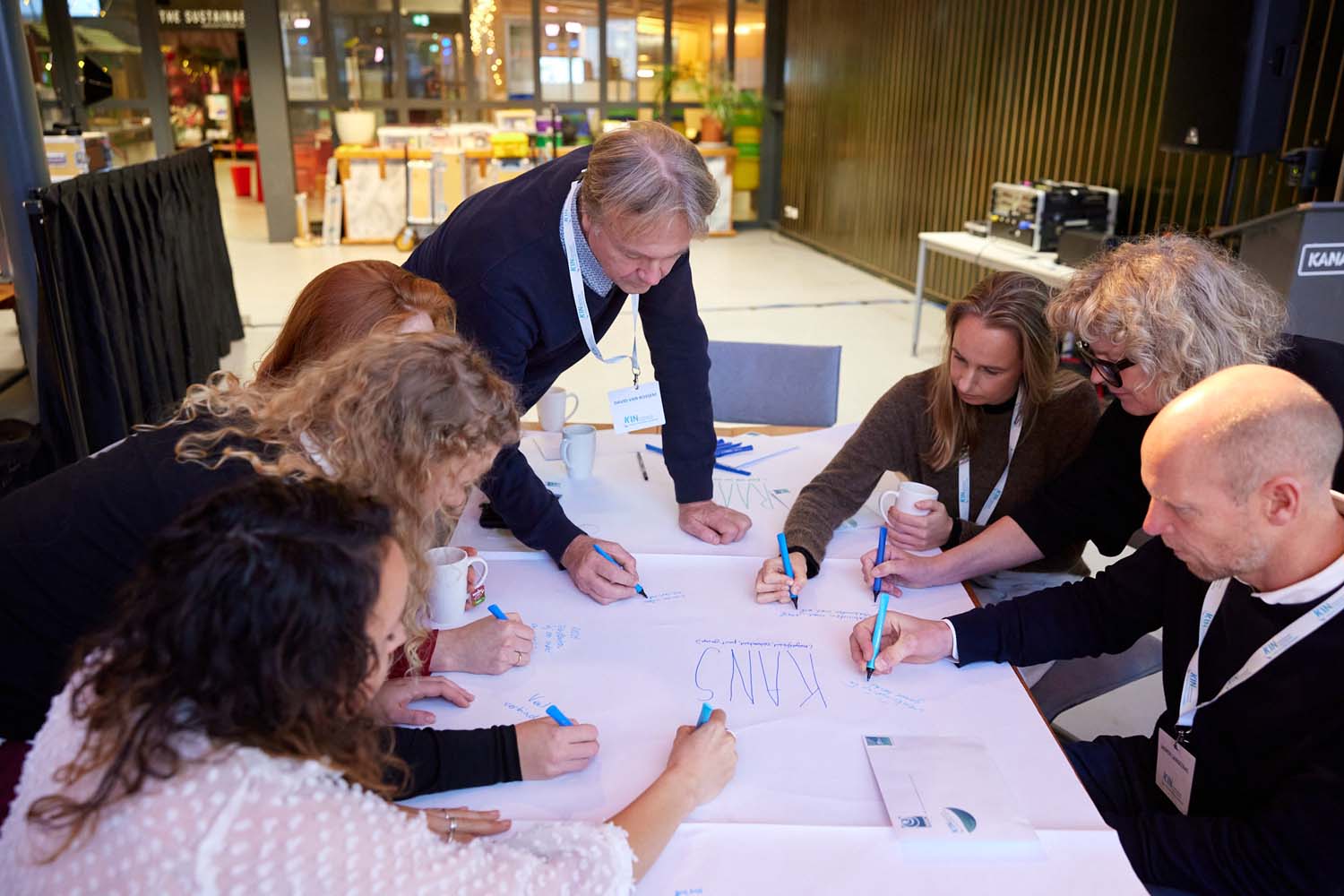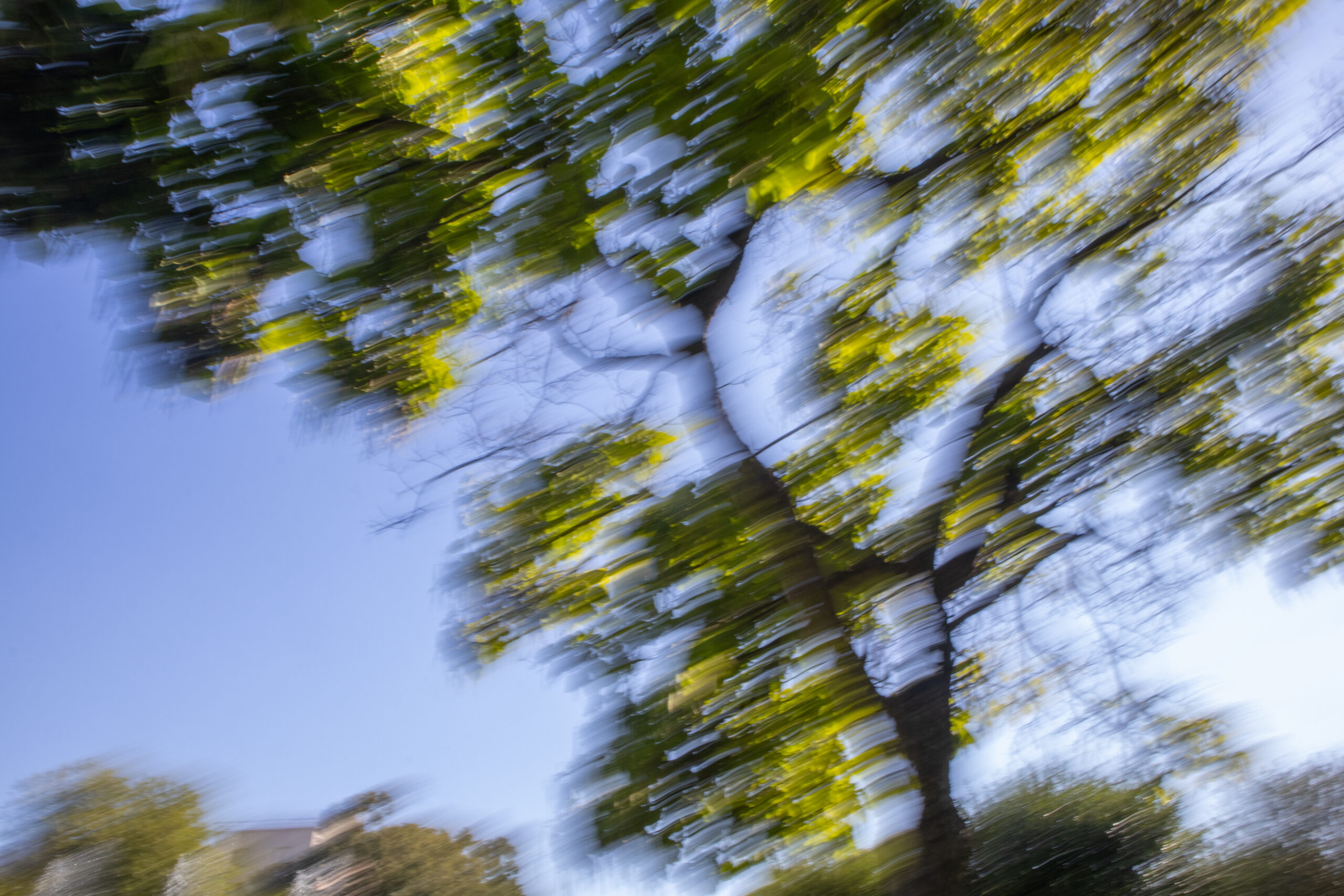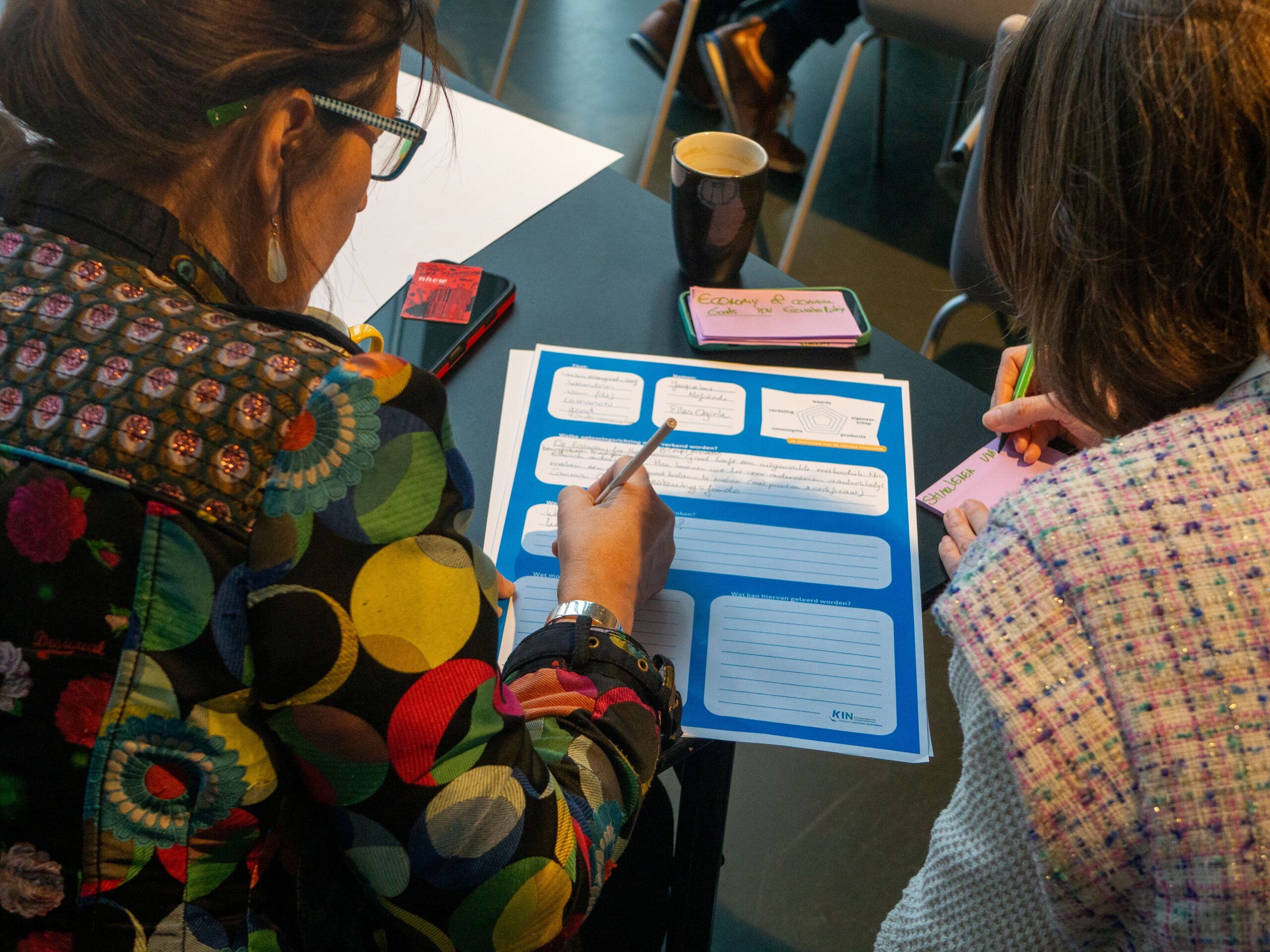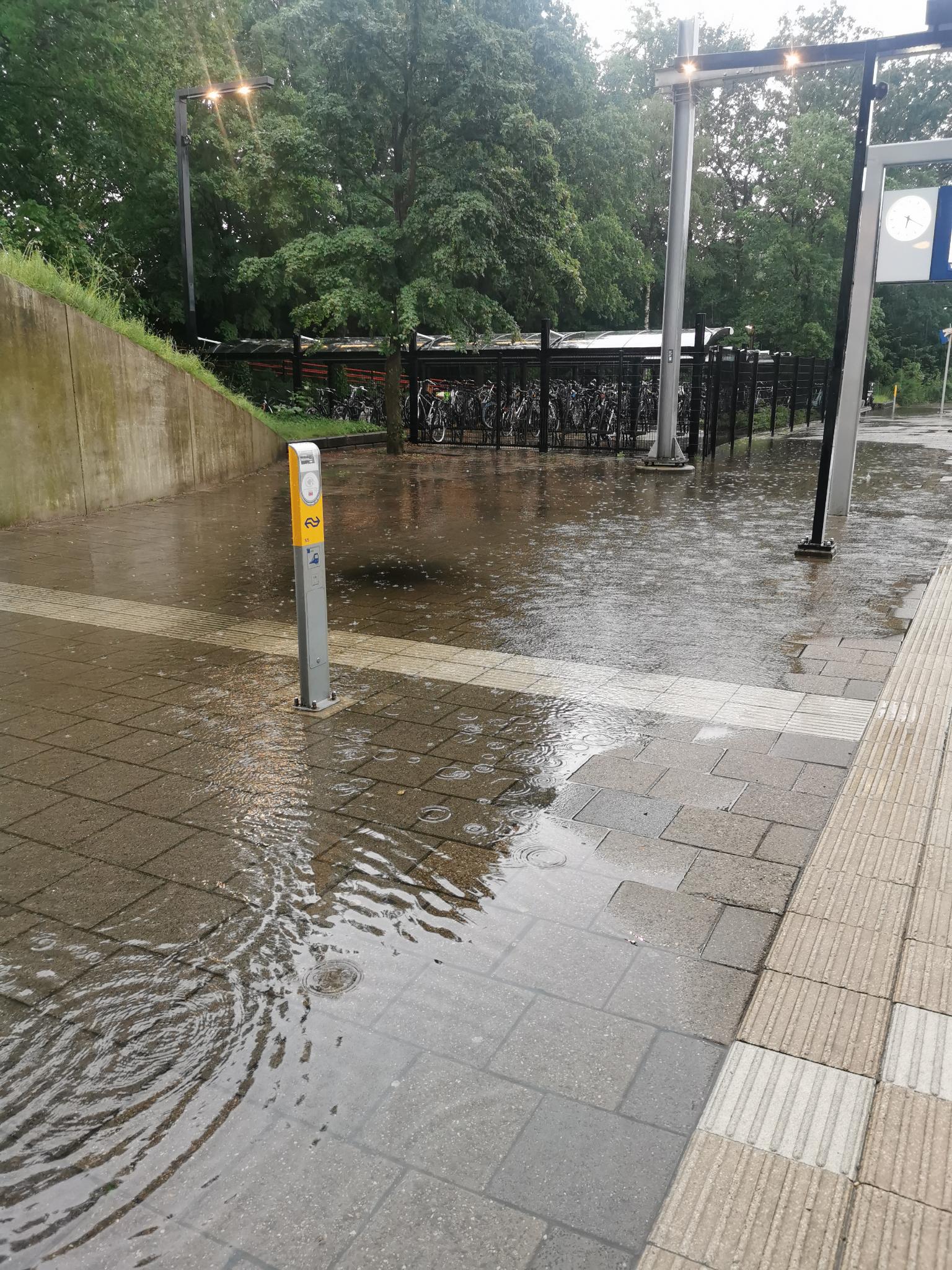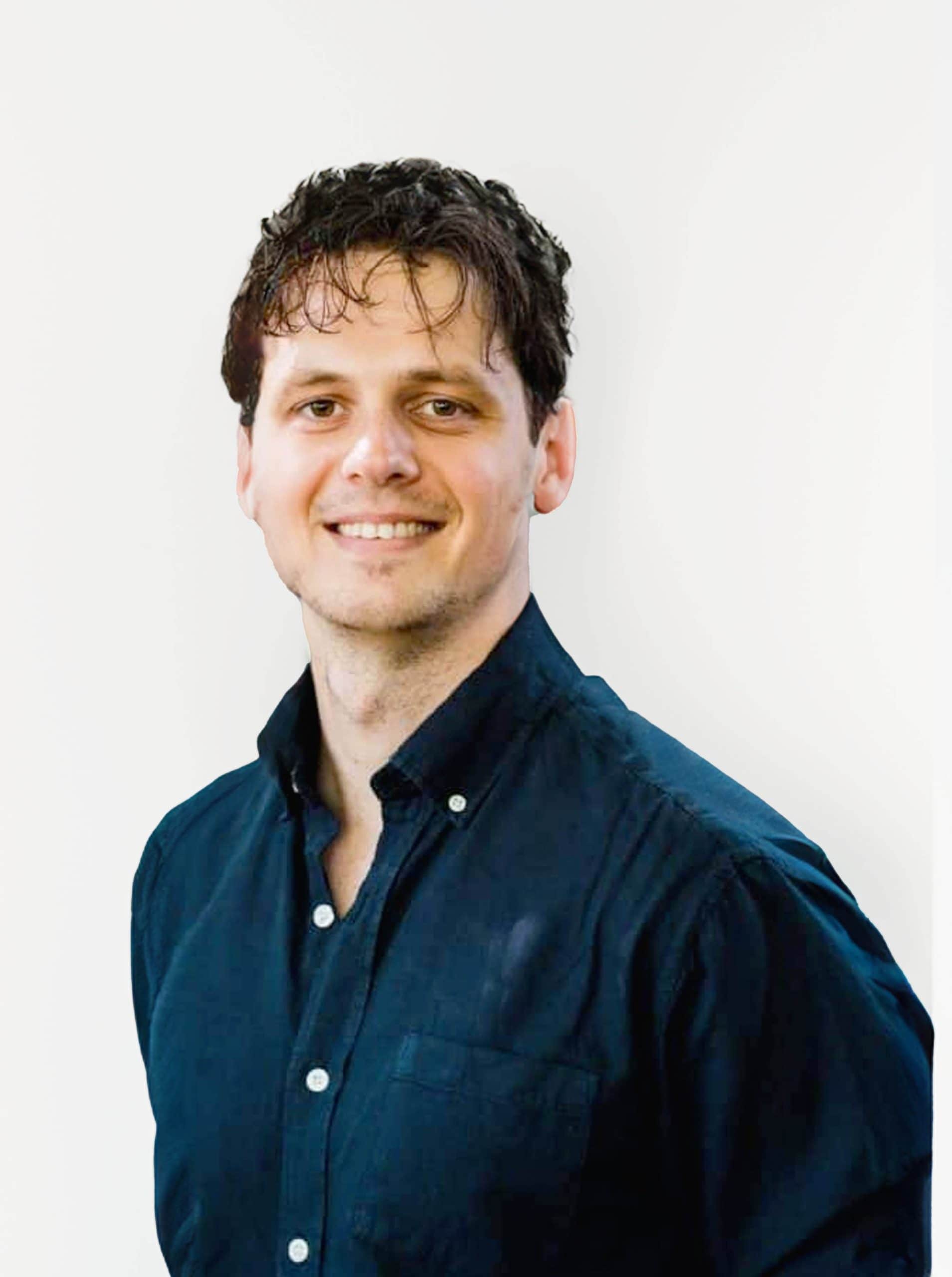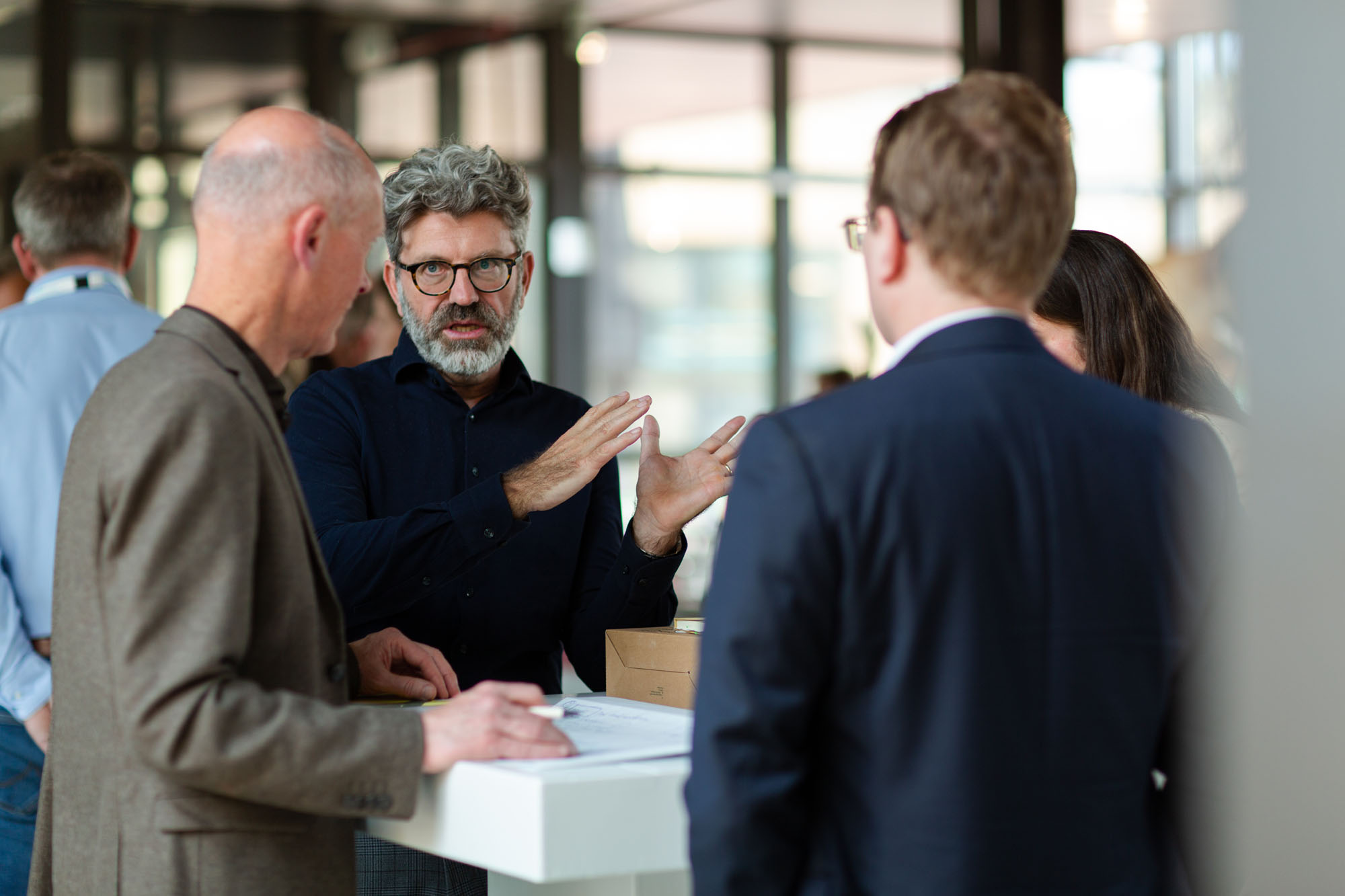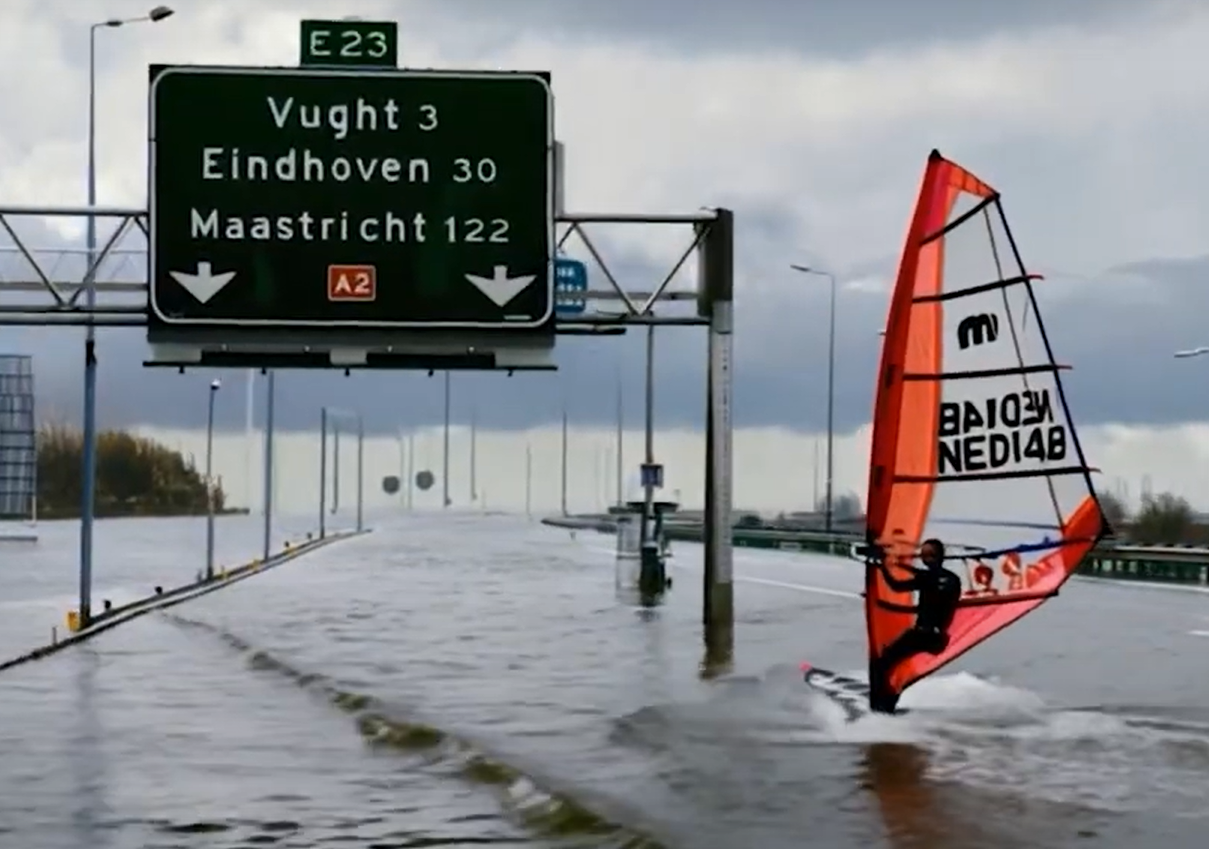The modern economy revolves around one dominant measure: growth in gross domestic product (GDP). As long as GDP rises, we talk about progress. But GDP only measures financial transactions, not whether they contribute to well-being or a liveable planet. Damage and repair, such as oil spills and hospital care, are included, but the value of clean air, nature and informal care are not. This creates false incentives: policy and investment focus on increasing production and consumption, regardless of social or ecological consequences.
The main players in our economy reinforce this growth paradigm. Companies focus on profit and shareholder value and drive consumption. Banks create money through lending, which mainly goes to established, polluting sectors. Governments subsidise fossil fuel companies, partly under the influence of lobbying. Citizens are addressed as individual consumers rather than as collective citizens who can influence policy. The knowledge system legitimises all this by presenting growth and efficiency as neutral principles. In this way, the system perpetuates itself, even when growth causes ecological and social disruption. A global estimate shows that two-thirds of all corporate profits are at the expense of people and the environment.
The costs of inaction
A transition occurs when there is a confrontation between an established regime (such as that of economic growth) and changing circumstances to which it finds it increasingly difficult to adapt. Climate change, geopolitical tensions and ageing populations are undermining the basis for growth. Global growth figures are already declining: Japan has hardly grown since the 1990s, and the United Kingdom recorded only 0.1% GDP growth in 2023. For citizens, the progress they experience is even more limited, as health and the living environment are under pressure. The costs of the current system are therefore rising rapidly. Although the exact extent of the monetary damage varies — with estimates ranging from hundreds of billions to trillions per year — one conclusion is indisputable: doing nothing is many times more expensive than taking timely and adequate action.
The benefits of doing something
Meanwhile, the pressure for change is growing. Alternative economic concepts are gaining ground: degrowth is a serious academic movement, the phasing out of polluting industries is a reality, local authorities are embracing the doughnut economy, and parts of society are normalising less or fairer consumption. A recent study shows that more than 735 organisations in 35 European countries are actively working on various aspects of “the new economy”, ranging from democratic ownership to more sustainable construction and land use. What these perspectives reveal is the question of how we can develop a way of living together in which production and consumption remain within planetary boundaries and what that means for our health, living environment and happiness. This requires connecting parties who want to change within the old regime but are stuck, with new initiatives emerging from the undercurrent. It is crucial to look at where it is already working and why, and how we can bring that together and spread it.
What does KIN do?
At KIN, we see these kinds of transition practices as the starting point for a new research agenda within the programme line “Knowledge in Action”. These practices question and reject the current norm based on the hypothesis that economic transition is possible and desirable. The initiatives and experiments involved investigate what the new economy looks like and how it can be developed by simply doing it.
To support the next phase, KIN wants to bring together practical knowledge of economic transition with research and other partners. The aim of a KIN transition programme is to learn from new practices where the barriers in the current regime lie and what (institutional) preconditions are necessary for the desired transition. The added value of bringing together research and practice is to support, legitimise, institutionalise and potentially help spread it on a much larger scale. In this process, we use research, creativity, imagination and action as tools to move forward. By carrying out experimental interventions together to explore the next phase of the desired transition, we gain progressive insight, but we can also actually advance practice.
